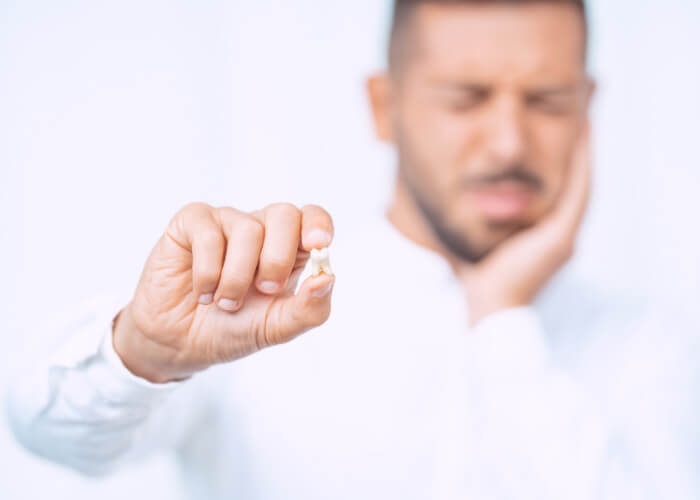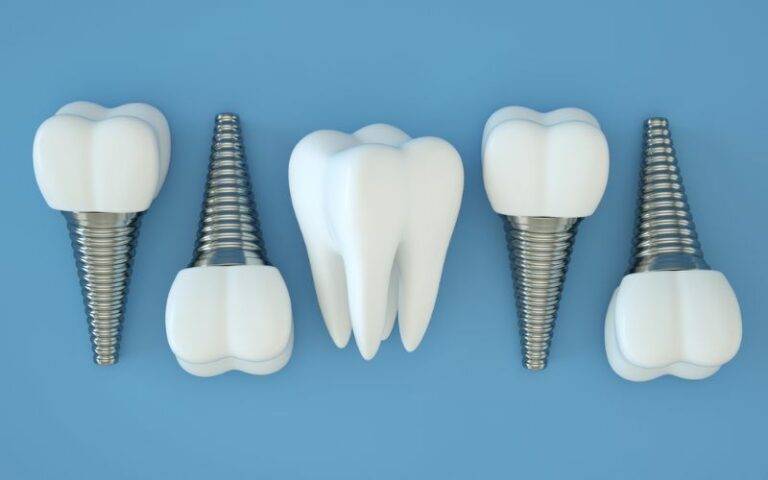Wisdom Tooth Removal Recovery: Aftercare Tips
Millions undergo wisdom tooth removal each year. While the process is straightforward, a smooth recovery hinges on proper aftercare. Follow these tips for a comfortable and speedy healing post-procedure.

Millions undergo wisdom tooth removal each year. While the process is straightforward, a smooth recovery hinges on proper aftercare. Follow these tips for a comfortable and speedy healing post-procedure.

Modern dentures are more comfortable, convenient, and realistic than ever before. If you believe dentures might be a right fit for you, contact Vitality Dental.

Dental implants are used to support the replacement of a single tooth or multiple teeth depending on the individual’s requirements and condition. Reading about the pros and cons of the process may help you decide if dental implants are right for you.
2708 Old Elm Hill Pike
Nashville, TN 37214
View Map
Monday: 7:00 am – 4:00 pm
Tuesday: 7:00 am – 4:00 pm
Wednesday: 7:00 am – 4:00 pm
Thursday: 7:00 am – 4:00 pm
Friday - Sunday: Closed